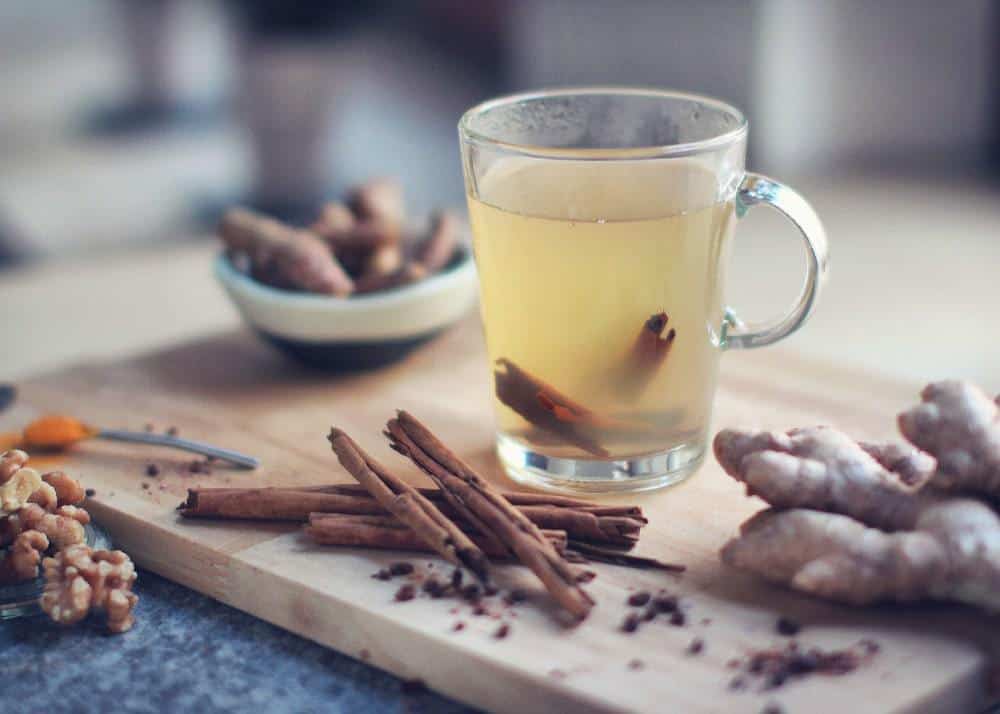
Since the discovery of penicillin by Alexander Fleming, experts have been using antibiotics for the treatment of all sorts of infections.
Most people are avoiding over-the-counter antibiotics due to the undesirable side effects.
The use of antibiotics across the world has risen after the introduction of the medical revolution in developing nations.
Among the main reasons that push medical experts and patients to focus more on antibiotics is the need for faster relief.
Overusing antibiotics can lead to long-term effects on your body.
Therefore, it is crucial to note that working on diseases using antibiotics without recommendation can cause fatal consequences to your health and cause antibiotic resistance.
The condition makes it difficult to treat an infection using antibiotics after some time.
What Is an Antibiotic?
An antibiotic is a medicine that people use to treat infections. Health experts also call it antimicrobial or antibacterial.
One can consume an antibiotic through the mouth, as capsules, liquids, or tablets.
Medical practitioners also introduce antibiotics to patients with severe infection through injection.
Some antibiotics are also available as lotions, creams, ointments to apply to the skin for treatment of skin infections.
It is vital to note that antibiotics only work on infections caused by bacteria or certain parasites that can only survive living on or in a living being as the host.
Antibiotics cannot treat infections caused by fungi like fungal infections and viruses such as common cold.
A minor bacterial infection or a viral infection can develop into a serious bacterial infection that would need an antibiotic.
The Potential Of Antibiotics
The human body hosts many harmless bacteria. Most of them are helpful in various processes including digestion. Unfortunately, others can infect any organ in the body.
Antibiotics can help act against various infections including:
- Dental infections
- Strep throat
- Bacterial pneumonia
- Whooping cough
- Some ear and sinus infections
Are Natural Antibiotics Effective?
Natural antibiotics in food are effective especially when used correctly. They comprise of spices and herbs from nature rich in various properties that can minimize the spread and function of harmful microbes.
They treat a wide range of infections without any side effects. Compared to over-the-counter antibiotics, some natural antibiotics, such as garlic, have the potential to act against a wide range of microbes.
Before the discovery of modern antibiotics, people used natural antibiotics in food as the main option for treating a wide range of infections and it was very effective.
Some natural antibiotics in food have the potential to wipe out harmful microbes completely.
The primary advantage of natural antibiotics in food is that they work without causing any side effects compared to synthetic antibiotics.
Ginger
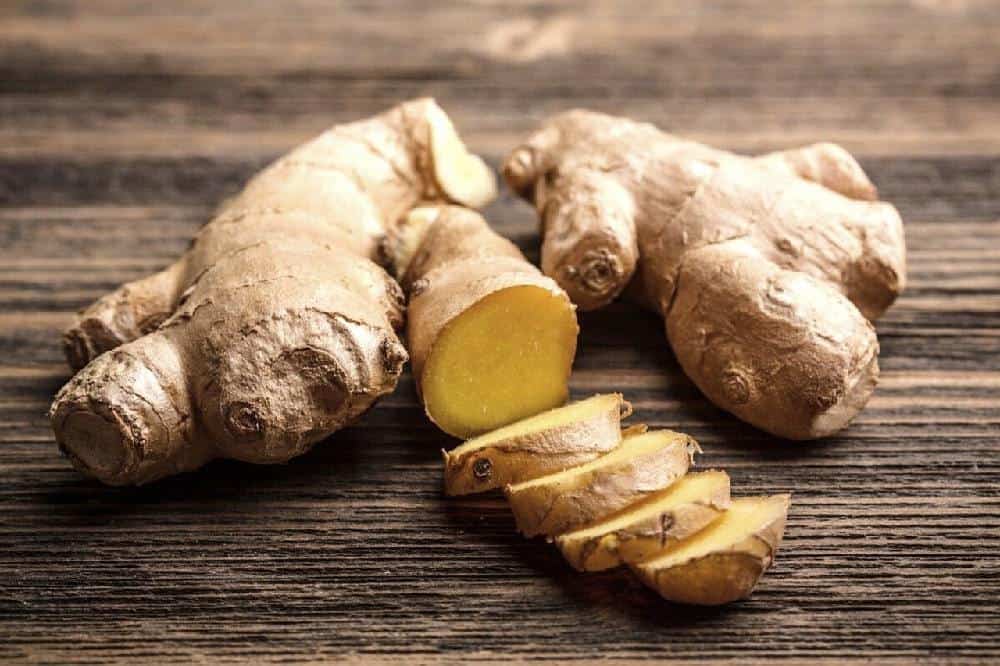
Ginger is a common spice in Asia that has a wide range of applications all over the world.
The spice comes from Ginger plant roots and people use it in various ways including being used as ayurvedic and complementary medicines.
Natural medicine practitioners have exploited the antimicrobial properties of ginger. However, the main components in ginger that help the herb provide these magical effects were discovered recently.
Ginger contains several compounds including terpenoids, shogaol, gingerol, gingerdiol, zingerone, and zerumbone, as well as flavonoids that give it potent antimicrobial properties and the ability to prevent biofilm formation.
The H. Pylori bacteria that survive in acidic stomachs, can be decreased by eating ginger that helps to normalize acid intake.
Ginger contains a wide range of compounds that are effective against some bacteria strains that cause gum disease.
Ginger can also be used to battle HRSV (Human Respiratory Syncytial Virus), as it inhibits the virus’s ability to combine with human host cells, making them inactive.
In addition, ginger has high antifungal activity, which can minimize chances of food spoilage because of fungal infections. It can also aid in fungal infections on skin like athlete’s foot.
Turmeric
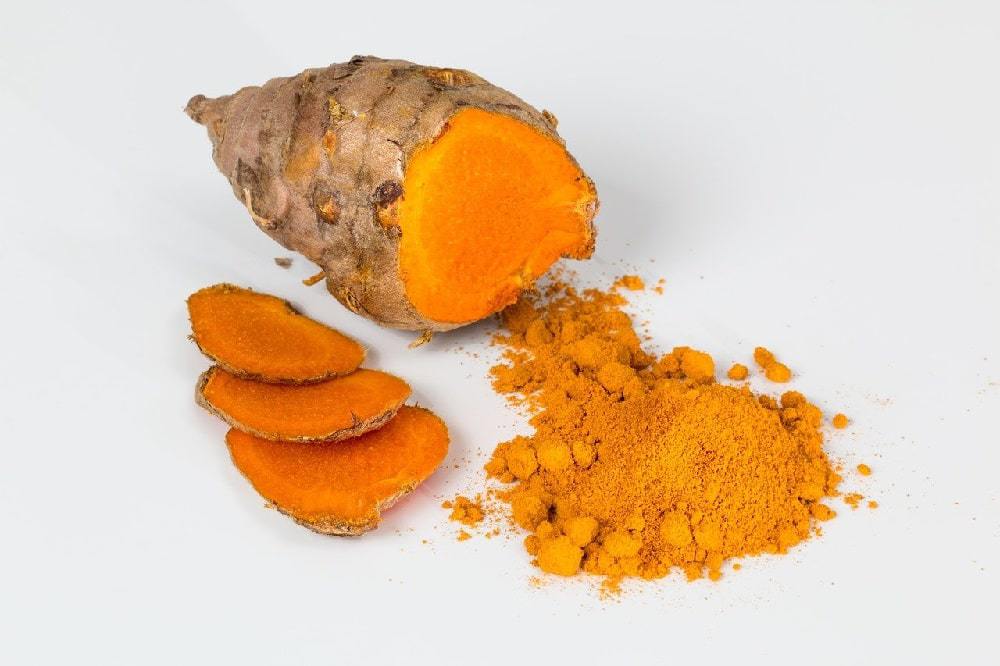
Turmeric includes curcumin, a potent antioxidant and anti-inflammatory compound. The yellow spice that people use in Indian cuisine, has the potential to protect you from free radical damage.
Turmeric can also slow the spread of bacteria that cause disease. It has the ability to inhibit fungal growth as well as tumor growth in cells.
Garlic
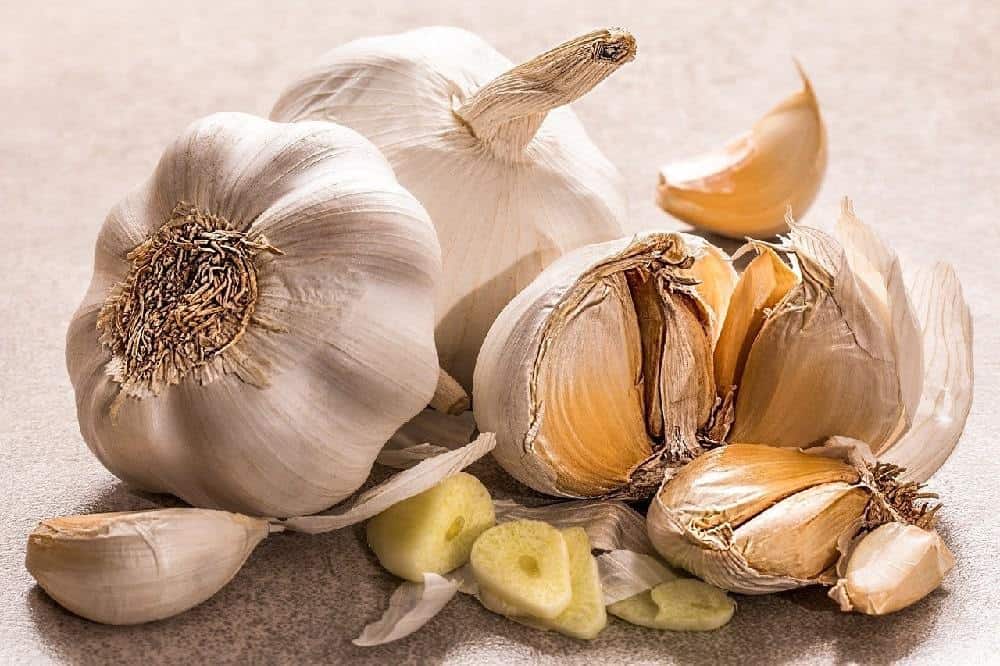
Garlic is a popular spice and locally available in most grocery stores. In many cultures, garlic was the main ingredient in treating infections.
However, the precise explanation for garlic’s antifungal, antiviral, and antibacterial effects were discovered recently.
The most famous compound in garlic is allicin, which has excellent antimicrobial properties. It is garlic’s most active compound that gives it these properties.
Allicin is extremely effective against MRS (Multidrug Resistance Strains) bacteria, making it extremely useful to medical professionals.
The compound can eliminate bacteria easily by inhibiting or blocking the development of enzymes responsible for many essential functions of bacteria, including cell structure formation and energy production.
The bacteria will quickly die if they do not get enough nutrition.
Manuka Honey

Found in Australia, the honey is produced by special bees that feed on nectar from flowers of the Manuka tree.
Manuka trees are native to New Zealand and Australia, but they can also be grown in other countries.
Although experts consider it to be the most medically viable and potent types of honey, further research is needed.
Methylglyoxal, is a rare compound found in manuka honey in plenty. The compound has outstanding antimicrobial properties.
Honey also contains various compounds such as propolis, which is high in flavonoids, esters, and phenolic acid and can help the immune system battle infections.
Manuka honey is also high in enzymes like glucose oxidase, which can turn compounds into sugars.
Cinnamon

Cinnamon is a popular herb that bakers use in baked goods. Due to its distinct flavor and structure, the demand for cinnamon is still strong.
Cinnamon also has a wide variety of antimicrobial properties, making it an excellent option for human consumption.
Cinnamon is rich in antimicrobial and anti-inflammatory properties that make it popular among alternative medicine practitioners all over the world.
Cinnamon is abundant in cinnamaldehyde, as well as compounds like eugenol, which are highly useful in treating bacterial and viral infections.
Cinnamon is beneficial in the treatment of stomach problems such as ulcers. Cinnamon is very effective in treating skin conditions like candidiasis that are caused by fungal activity.
Cinnamon should be used with caution because it can interfere with some medicines; thus, if you are taking any medications, you should check with your doctor before adding cinnamon to your diet.
Tea Tree Oil

Most people think tea tree comes from the tea plants where farmers cultivate edible tea leaves.
However, tea tree is mostly available in the continent of New Zealand and Australia.
The extract that comes from the indigenous tree is toxic and if consumed orally, can cause severe problems. In some parts of the world, the tea tree oil goes by the name melaleuca oil.
Monoterpenes, which are abundant in tea tree oil, are highly effective antibacterial compounds.
This substance has the power to stop the herpes virus from doing its job, keeping you safe from dangerous infections.
Always try not to apply tea tree oil in its concentrated form, as this can cause a variety of skin issues.
Echinacea

Echinacea is a daisy-like flower that grows primarily in North America’s eastern and central regions.
Since ancient times, flower extracts and pastes have been used to treat a variety of infections.
Echinacea extracts are now commonly available all over the world, and people from around the world are putting its antimicrobial properties to good use.
This drug’s immunoprotective properties make it extremely effective and recommended for use in treating a variety of medical conditions.
The basic components in Echinacea such as glycoproteins, carbohydrates, and caffeic acid provide a wide range of benefits.
These compounds are rich in potent fungal and antibacterial, making them particularly useful in limiting the spread and growth of harmful microbes.
By reducing the product, the herb is also successful in minimizing the problems caused by bacterial infections symptoms.
This herb may also help to alleviate the symptoms of bacterial infections by lowering the production of cytokines, which serve as inflammatory markers when an infection occurs.
Red Pepper

In other parts of the world, red pepper is known as capsicum. Red peppers come in a variety of flavors, including cayenne, chili, and jalapenos.
Aside from South America, pepper is widely used in many other parts of the world. They have a variety of antibacterial properties that can aid in the removal of pathogens from the infection site.
Capsaicin is a chemical compound that offers pepper its flavor. It also helps in minimizing the stomach’s pH, preventing harmful bacteria from developing.
Other compounds found in pepper, include caffeic, quercetin, and kaempferol acid have the potential to stiffen the bacteria’s outer layer, preventing it from absorbing more energy and destroying it.
Why Are Natural Antibiotics Better?
Natural remedies are readily available to offer the body with the supplies it requires to aid healing and prevent infections from spreading.
As mentioned earlier, the vitamin C and antioxidants, present in a wide range of plants and herbs, are useful in treating a number of ailments.
There are more reasons to introduce natural antibiotics in food because of their conventional foundation and lack of chemical exposure.
Although the alternative therapy helps to improve immunity without causing resistance, it also has a slew of other health advantages.
Vitamins, minerals, and antioxidants help the body fight infections while also reducing inflammation. Vitamin C, infused spices, and garlic-based products have powerful immune-boosting properties.
Plant-based ingredients rich in phytochemicals are among the most effective natural antibiotics in disease management.
These potent properties can help to improve the immune system and ward off illness.
It focuses on body dysfunction and aims to improve physical function without the use of synthetic drugs or invasive procedures.
The rise in antibiotic-resistant is alarming, necessitating new approaches to solve the rising medical issue.
Natural antibiotics in food can help improve immunity to infections and one can use them as part of a health care strategy to prevent the spread of bacterial agents and treatment complications.
Natural Antibiotics vs Synthetic Antibiotics
Most people prefer synthetic (pharmaceutical) antibiotics over natural supplements since they work faster.
However, it is essential to bear in mind that we are discussing common cases here, as there are natural antibiotics that have proved to function faster than certain synthetic supplements.
Synthetic supplements are used widely in medical emergencies because of their quicker operating speed usually associated with.
When a person is already suffering from a disease caused by a bacterial infection, rapid bacterial destruction is needed.
The remarkable benefit of synthetic antibiotics, which is efficacy, appears to be its downfall as well.
This is because most of them destroy symbiotic bacteria that are also useful in the body.
In terms of protection profiles, natural antibiotics in food and synthetic antibiotics vary.
Natural supplements are thought to be safer than synthetic antibiotics in general and in several respects.
It is essential to note that the use of natural antibiotics in food is not always transiently (which is the way it is supposed to be).
However, there are patients who experience health issues that cause them to use natural antibiotics frequently.
Such people would experience painful and long-term side effects when they use synthetic antibiotics.
Natural supplements, on the other hand, have a softer, longer-term perspective. Synthetic antibiotics differ from natural antibiotics in food in terms of working mechanisms.
We are in a situation where synthetic antibiotics operate by killing harmful effects while still killing some beneficial bacteria.
This is in contrast to natural antibiotic in food, which works by improving the body’s natural ability to combat bacterial infections in the future as well as killing the bacteria.

Natural Antibiotics In Food: Conclusion
You can use natural antibiotics to benefit in the long run, unlike western medicine. Synthetic antibiotics have a significant impact on organs as well as normal functions of the body.
They may also damage the beneficial bacteria in the intestines.
Avoid the negative side effects of synthetic antibiotics by using natural antibiotics instead.
However, if your symptoms do not improve after a few weeks of use, you should be cautious and see a doctor right away.
Click in the picture below to download FREE Natural Antibiotic Recipe!

Related Posts:
Probiotics – Just A Fad Or Something That You Really Need?
18 Foods That Boost Immune System Naturally
Antioxidants Benefits – What Are Antioxidants Good for?
5 Reasons to Choose a Natural Remedy Over a Prescription Medication
Natural Healing Methods – 7 Holistic Therapies Proven to Work


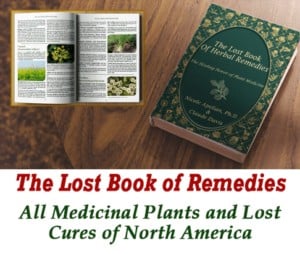
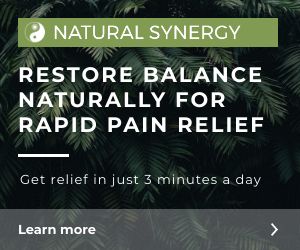


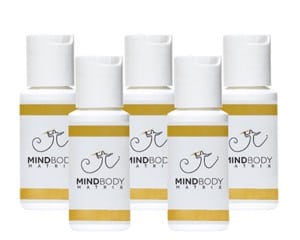
awesome!
works , what a relief!
Thanks for sharing!
the download does not work…
Apologies, my email service is migrating to another server and my forms were affected. It’s being worked on and hopefully all forms should be up and running some time next week.
Great job?Well articulated
Thank you Magdaline ❤
Great to see your blog on one of my favorite topics, non-chemical, all natural alternatives for effectively killing germs and bacteria in the body.
I faithfully rely on tea tree oil, garlic, honey and turmeric. I’ve even started adding a small bit of turmeric to my tea.
This information never gets old as people are still slowly discovering and trying these delicious foods and powerful essential oils to treat their ailments.
Thanks Tevfik, enjoy it!
Thanks for this info, Paulina. Great article.
Blessings!
Thank you so much Sherry!